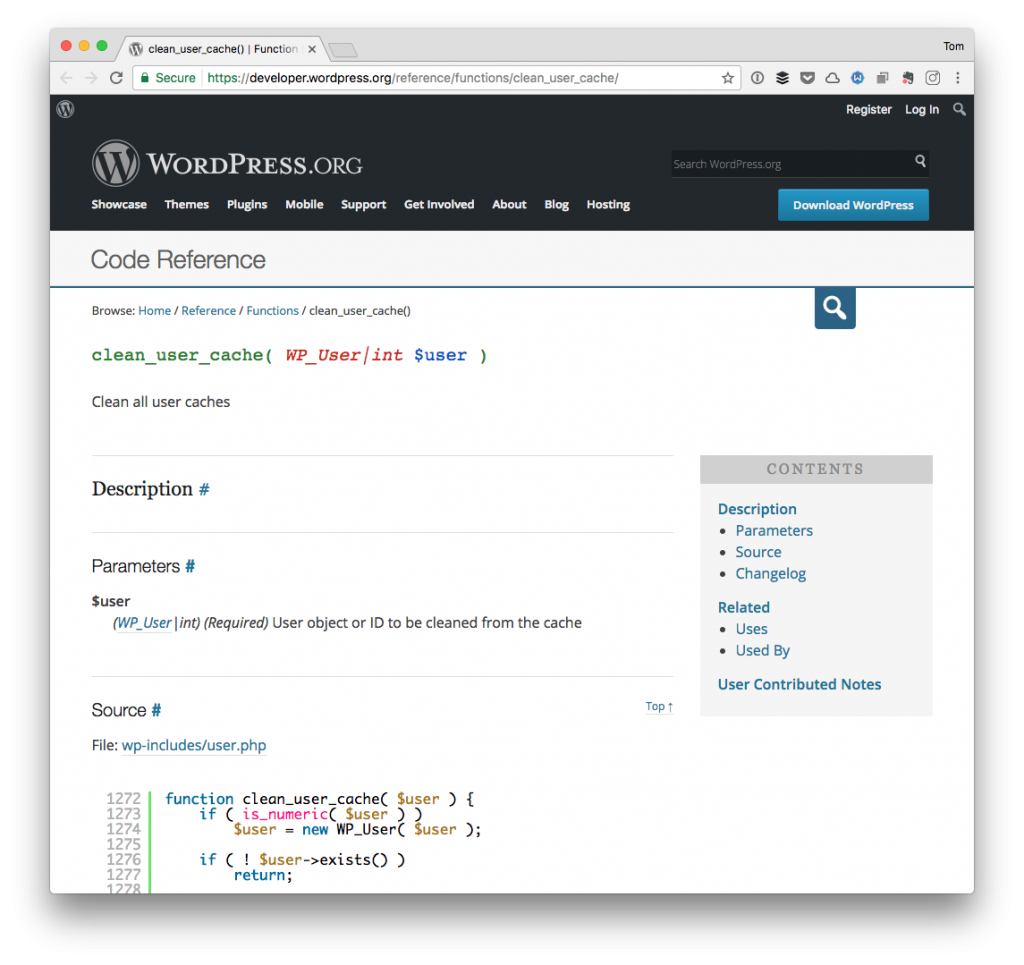Lately, there seem to be more and more articles published online that try to cover reasons for why companies should let their employees work from home. Case in point.
On the flipside, there are other articles that are talking about more intensive and more frequently performance reviews. They’re also being called “The Neverending Performance Review.” Case in point.
As a disclaimer, having worked in the corporate world I understand both sides of this.
- I had the freedom to work from home as needed, though not every day,
- Performance reviews were done quarterly.
But in the last six and a half years, I’ve been working exclusively from home and I wouldn’t have it any other way. And it terms of performance reviews, I don’t have any real employees (though I do have some great contractors, for what it’s worth) for which I’d administer a performance review.
So I think those articles make for some good reading. I also thought that as I continue to try to write about running my own business within the WordPress space, it might be worth sharing my personal experience on slowly laying business foundations.
Maybe it’ll just be informative; maybe it’ll help others in a similar situation.


